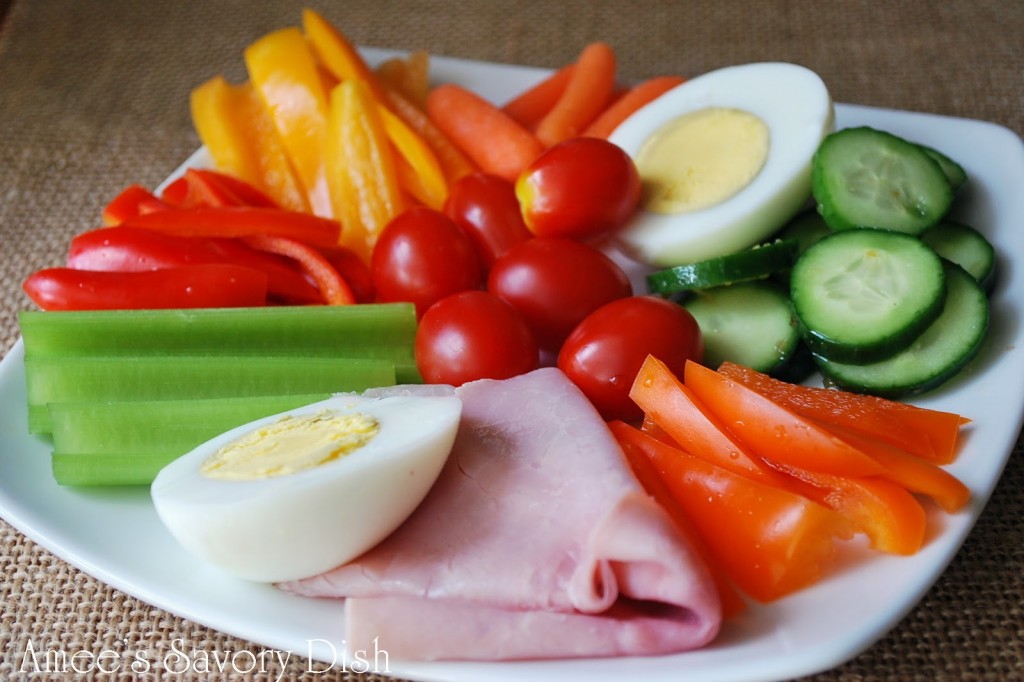Nutrition experts argue that the key to healthy eating is the time-tested advice of balance, variety and moderation. This means eating a wide variety of foods, without getting too many calories, or too much of, any particular one.
Eating a variety of foods and maintaining an energy balance are the basic guidelines for a healthy diet. A healthy diet not only promotes physical and mental health in general, but will also repulse nutrition-related diseases like type 2 diabetes, Cancer and heart diseases.
Why is variety Important?
Variety in the diet means eating different foods from the same food group (different Vitamins, Proteins, Minerals etc.) in order to obtain the same nutrients on different occasions or at different meals. Eating a variety of foods increases your chances of getting all of the nutrients needed for good health –in the right amounts. This is because no single food contains all the essential nutrients your body needs in the right amounts. Eating a variety of foods also stacks your diet with protective factors, that may disarm would-be disease-causing substances. Protective factors include both nutrients, as well as non-nutritive substances present in food, known as Phytochemicals. It also helps to keep your intake of substances such as fat, salt, caffeine and alcohol at moderate and healthy levels.
How Do You Get Variety?
Getting variety in your diet is really quite simple. The most basic way is to plan your day’s meals around the major food groupings:
1. Grain products ,roots, tubers and cereals
2. Vegetables
3. Fruits
4. Milk products
5. Animal & plant protein
6. Fat
The trick is to dip into each of the range of groups to compose your meal, while controlling the size of your food portions, and total daily caloric intake. For one to get enough energy from the food they eat, and to obtain the variety of foods needed for nutritive balance, one should eat three meals a day (breakfast, lunch and supper). Even snacking between meals can contribute to good nutrition, if the right foods are eaten.
It is also important to consume enough calories to meet one’s energy needs. Weight is maintained as long as the body is in energy balance; that is, when the number of calories expected equals the number of calories consumed. Excess energy intake leads to excess body fat being accumulated, which increases chances for high blood pressure, diabetes, heart diseases, stroke, some types of cancer and other illnesses.
An easy tip in helping you keep track, is to use standard household measuring utensils, e.g: a cup or a spoon. Keeping a daily record of all foods eaten, and physical activity done, is also helpful.
Begin eating in ‘rainbows’ today, and watch the benefits kick in!

